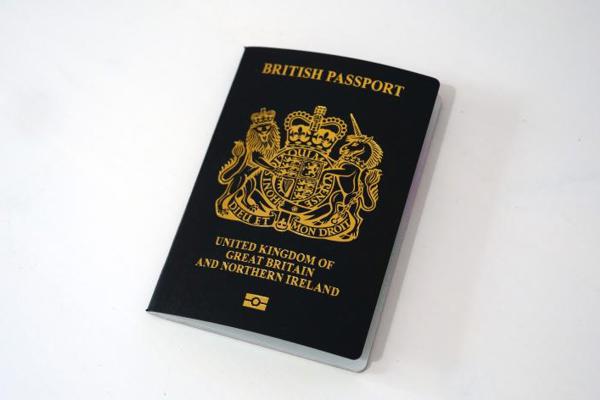From 13 February 2024, the maximum civil penalty for employing an illegal worker has tripled from £15,000 to £45,000 for a first offence (and from £20,000 to £60,000 for subsequent offences). This means that it is essential that employers have a compliant right to work check history for all employees. Carrying out compliant right to work checks, should provide a "statutory excuse" against any right to work fines should illegal working be identified.
Concurrent with the increase in penalties, an updated Code of practice on preventing illegal working ("the Code") was issued alongside an updated Employer's guide to right to work checks ("the Guidance").
Updated Code
The updated Code, which is in its sixth iteration, applies to right to work checks taking place on or after 13 February 2024, including where a follow-up check is required to maintain the statutory excuse. In broad terms it explains the actions an employer can take to avoid liability for a civil penalty if they inadvertently employ a person who does not have the right to work in the UK, establishing the statutory excuse. There are also criminal sanctions that can be used against employers who employ individuals they know or have reasonable cause to believe are working illegally, but that is not covered in the Code. The key changes from earlier versions of the Code are:-
Some individuals with an outstanding, in-time application for permission to stay in the UK, or an appeal, or administrative review (3C leave) can prove their right to work using the Home Office online checking service.
A streamlining and simplification of the overview of how the civil penalty is administered.
Changes to determining liability and calculating the penalty amount, including the increase to the maximum civil penalty for non-compliance.
The Guidance
The Guidance advises an employer on how to conduct a right to work check and sets out the actions an employer can take to establish a statutory excuse. The most significant updates contained in the Guidance are:-
- Removal of the 28-day concession to allow late applications to the EU Settlement Scheme for employees employed on or before 30 June 2021 who are EEA nationals or non-EEA family members and who are identified as not holding lawful immigration status permitting them to work. Employers are now required to "take appropriate action" including contacting the Home Office or terminating employment;
- In 'Annex B: Employment of specific categories of workers', useful additional information is provided for employers offering supplementary employment to individuals whose "main role" is sponsored by another employer to ensure the maximum 20 hours work per week for a supplementary role is not exceeded;
- Specific advice on how to report illegal working identified during a follow up right to work check; and
- The increase to the maximum civil penalties referred to above.
The law in relation to right to work is complicated and the penalties for errors are strict. The best way for an employer to protect themselves is to ensure they have a robust procedure in place for compliance.
If you have any questions about how to carry out a right to work check, implementing a right to work policy or carrying out a compliance audit please get in touch.


